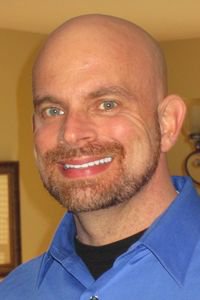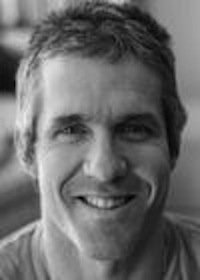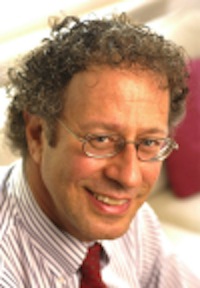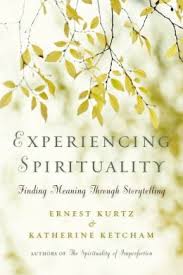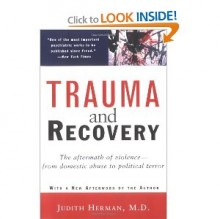This talk will provide you with insights into intergenerational trauma and how addiction arises as a coping response. It will show you a way forward to recovery and healing, through Story. Understanding the past can help us deal with the present and help create a better future.
Judith, thank you for this wonderful talk! Here is the Youtube intro:
‘Dr. Judith Landau tells the story of trauma and recovery through generations and gives clues along the way for healthier families.

